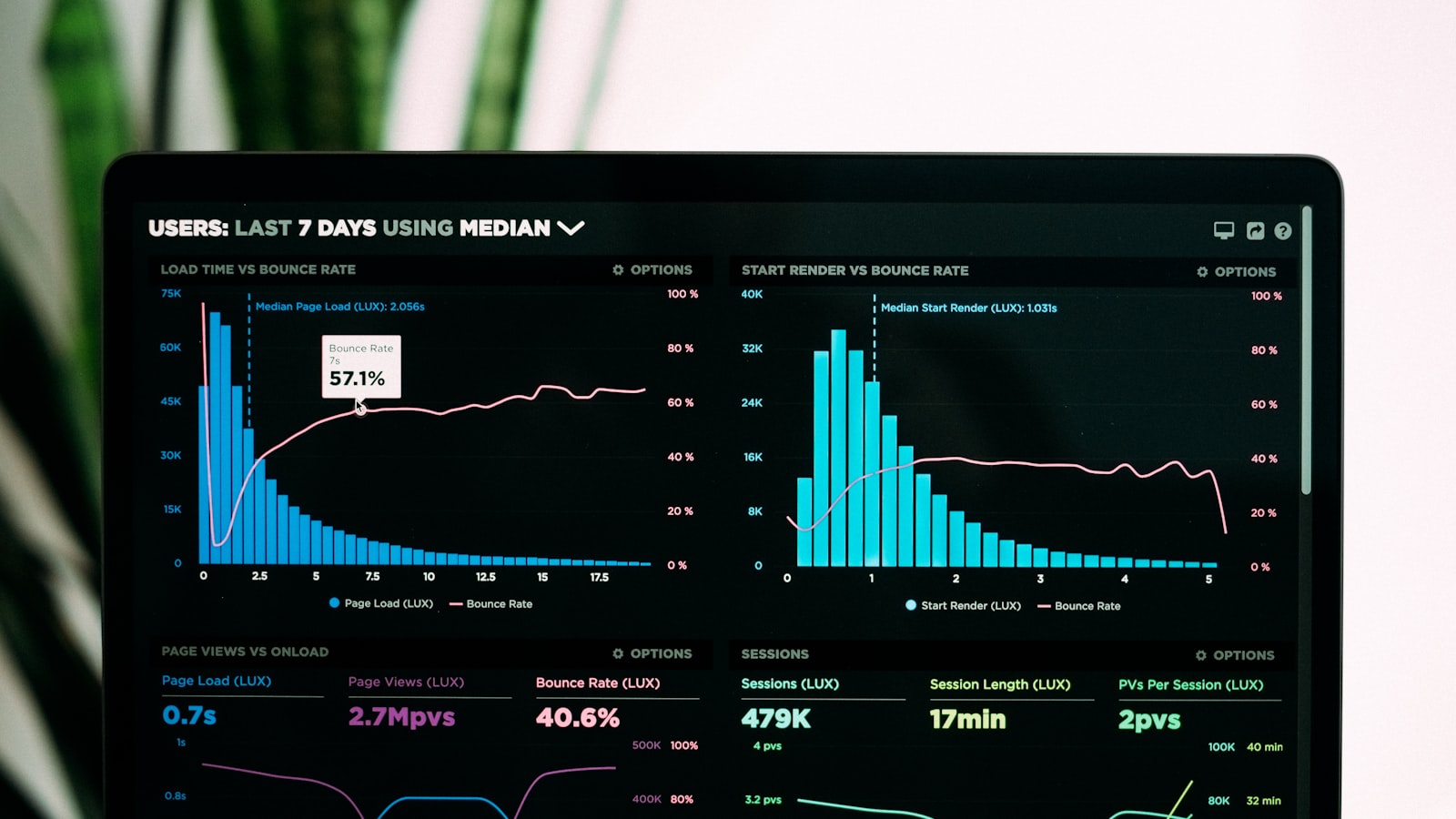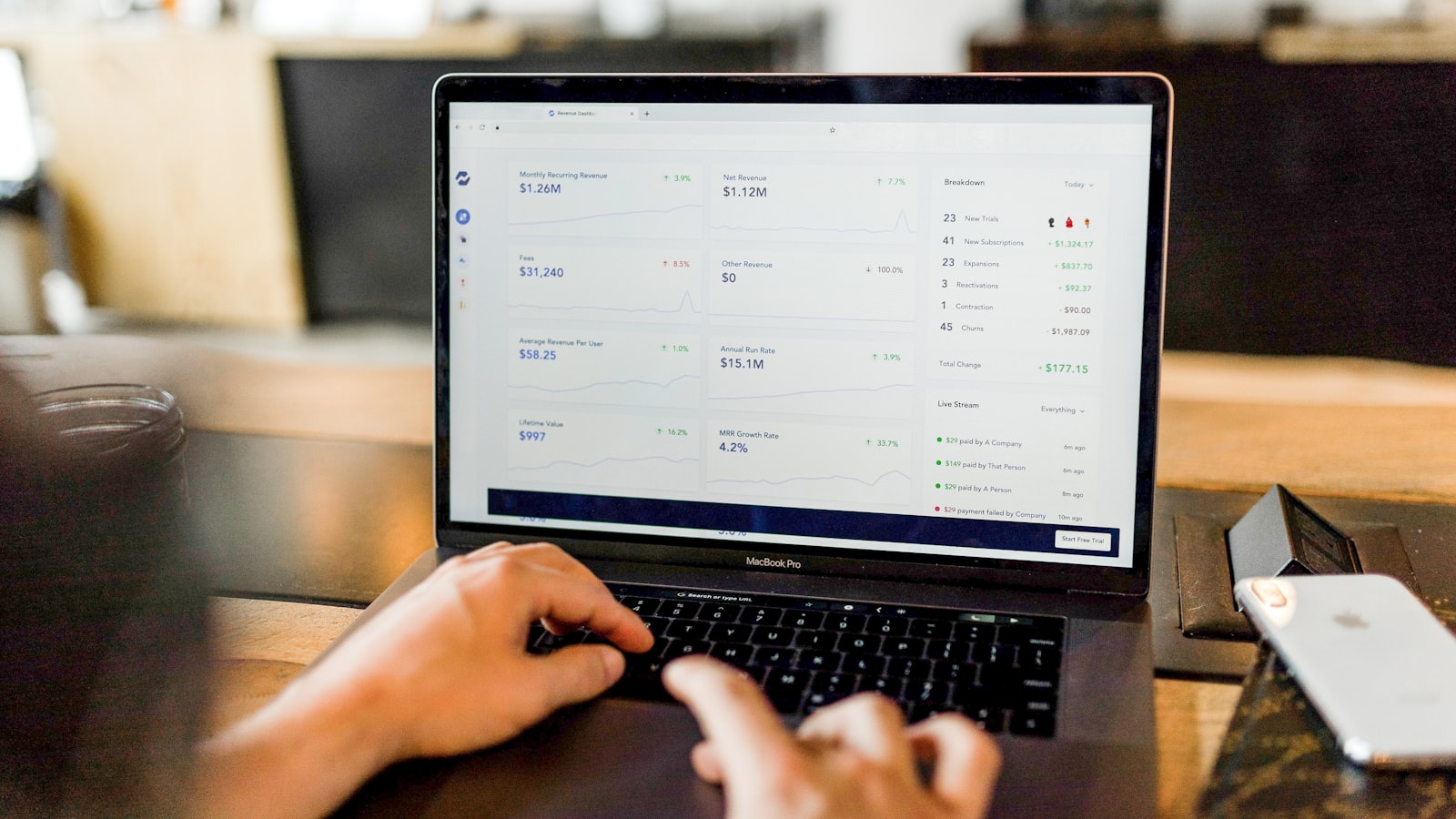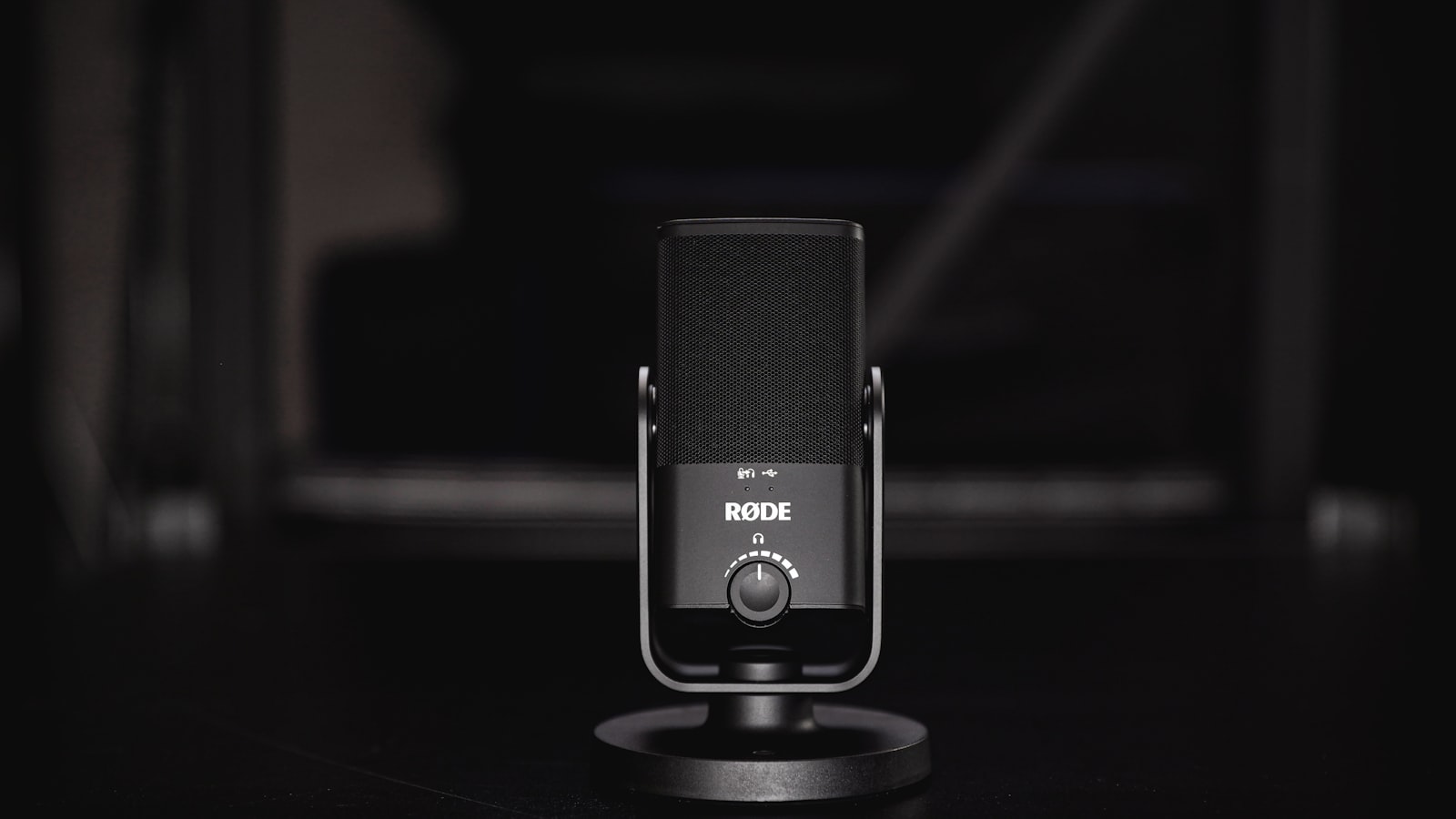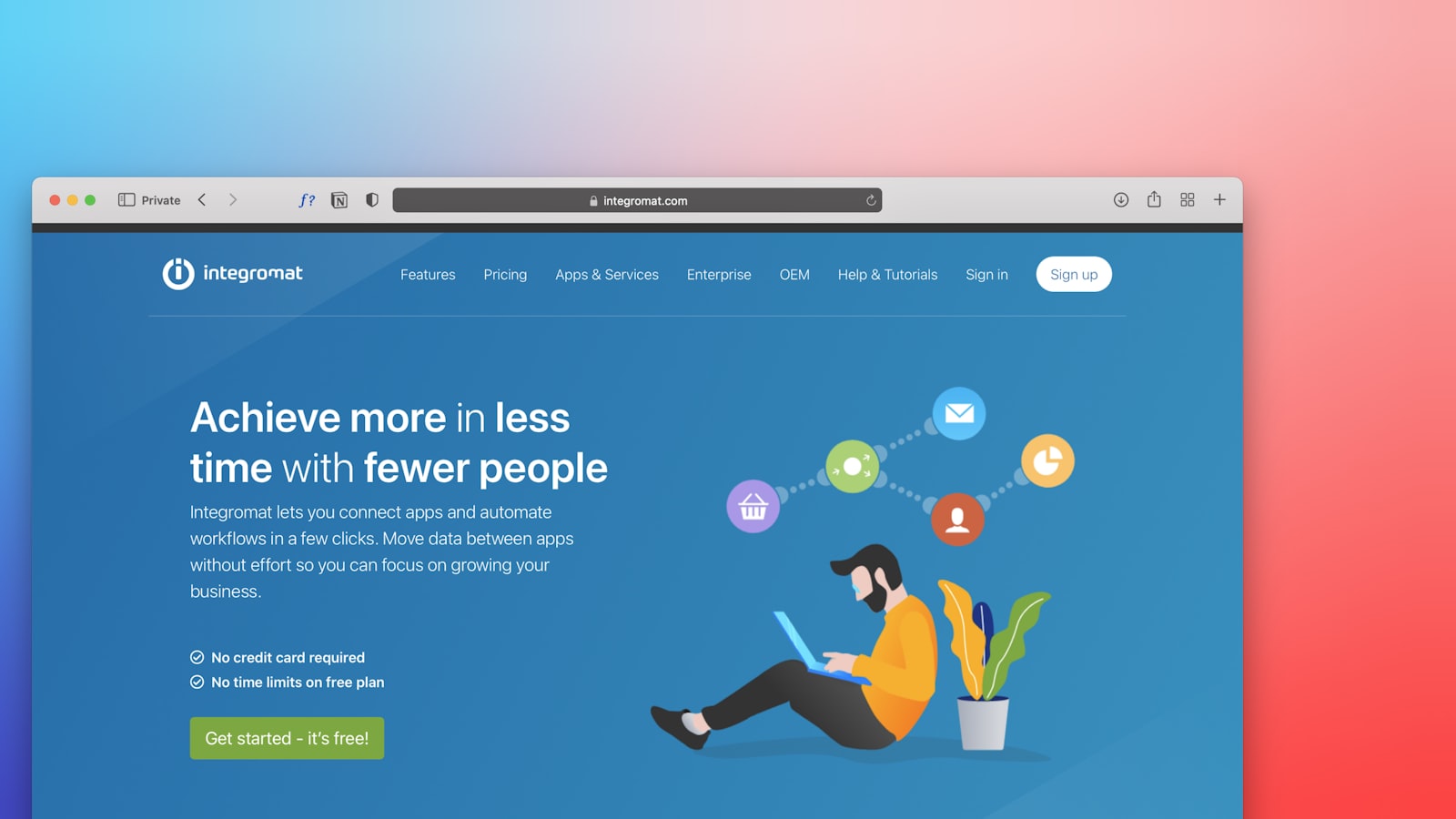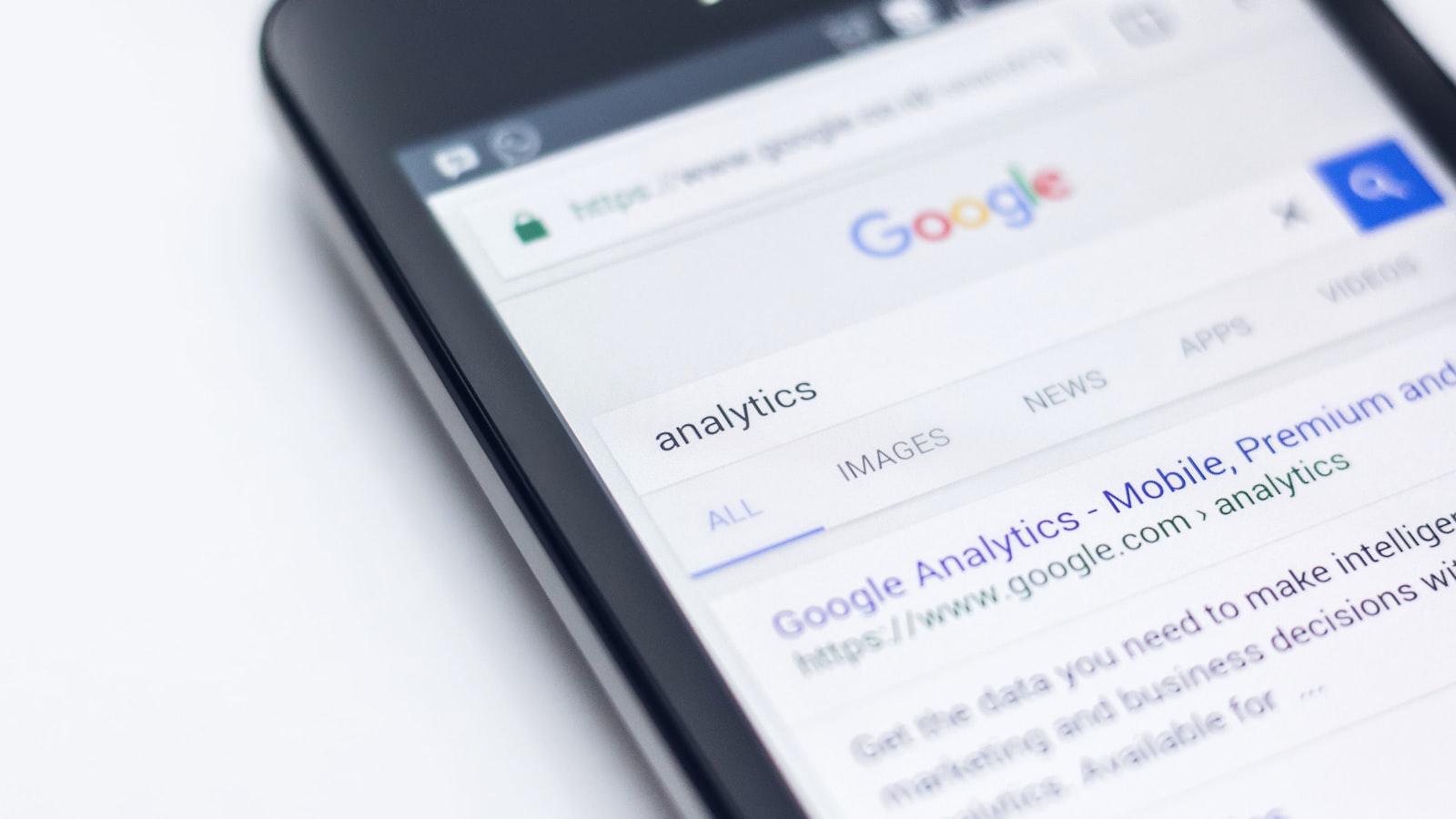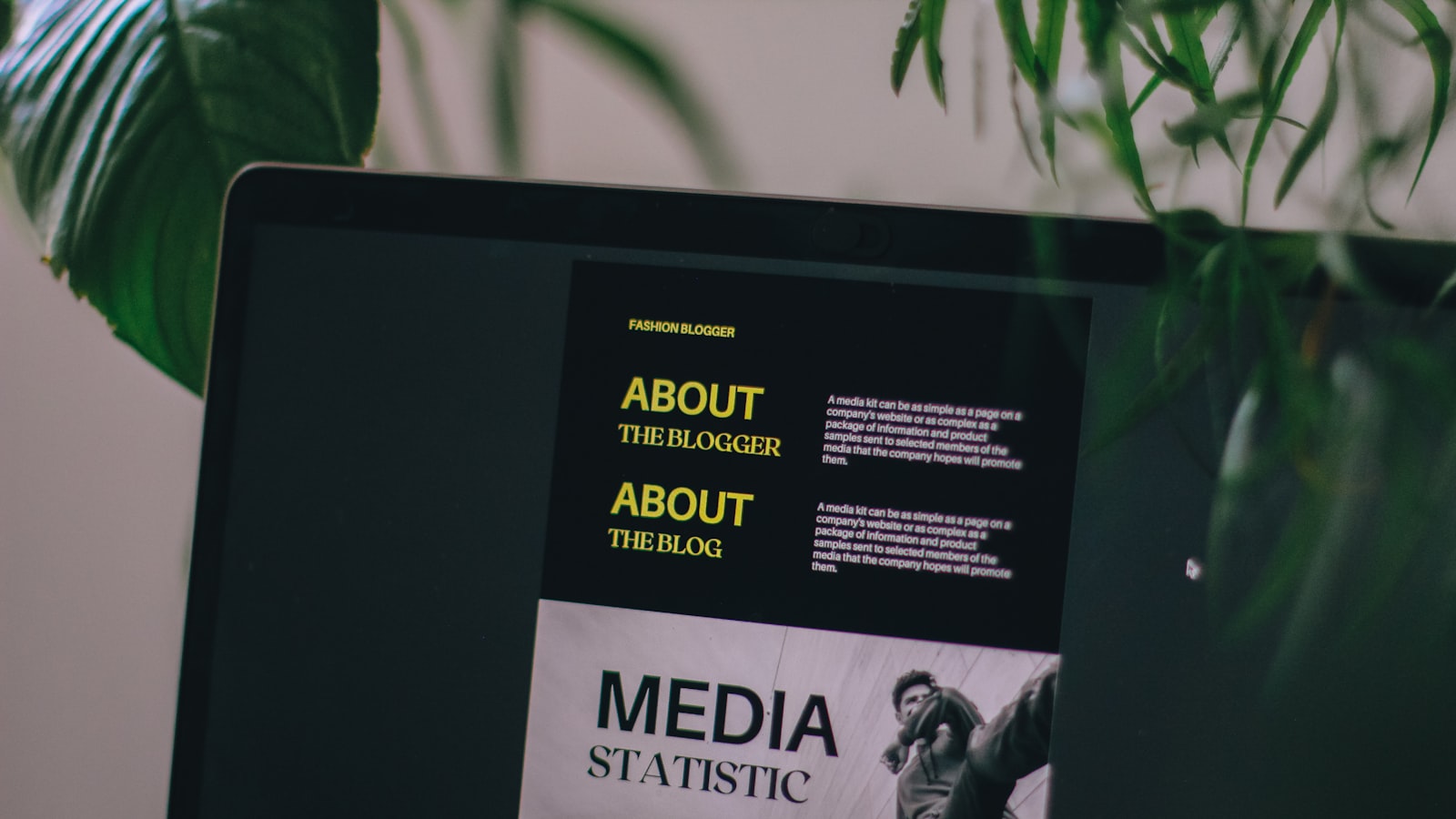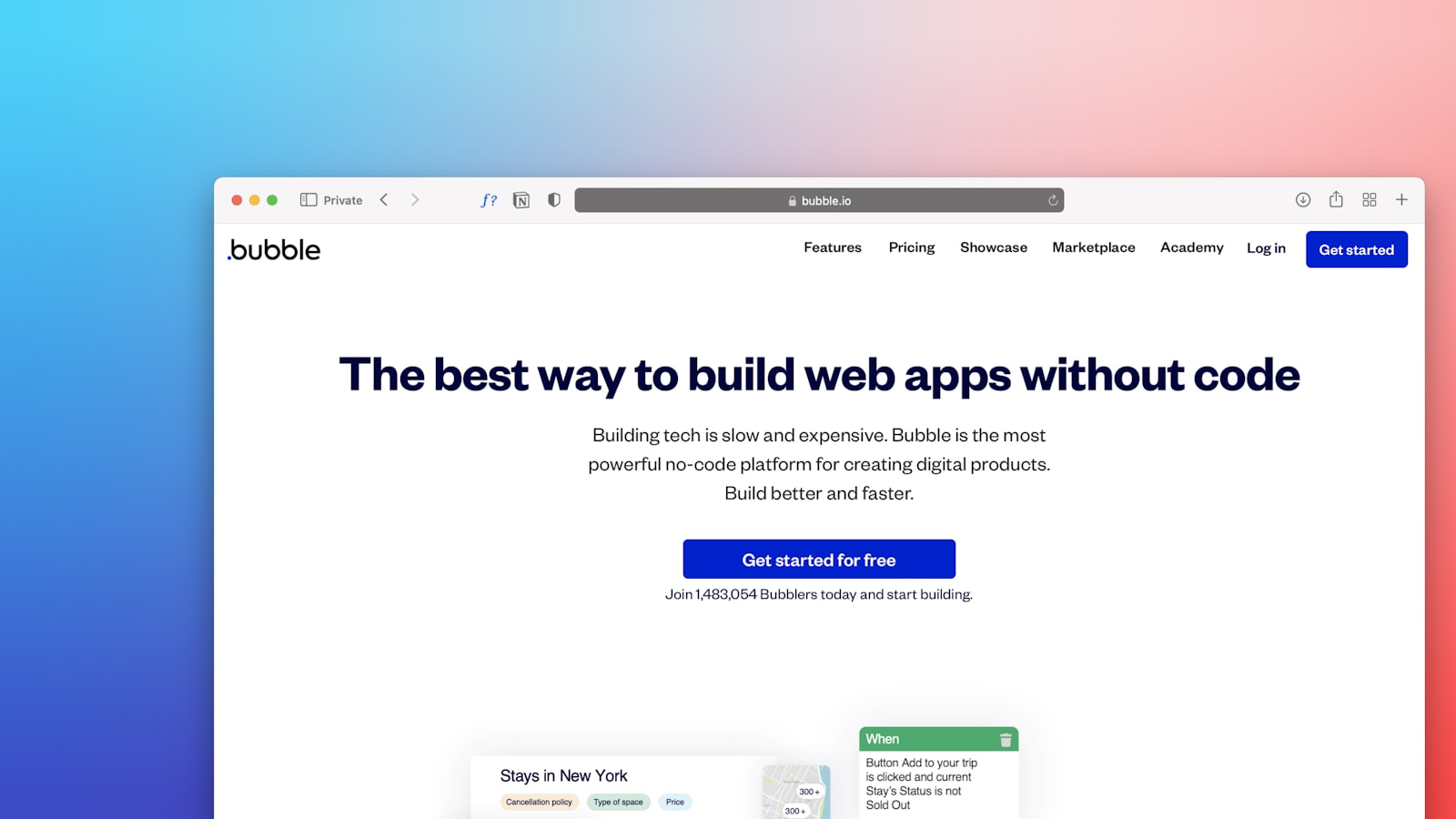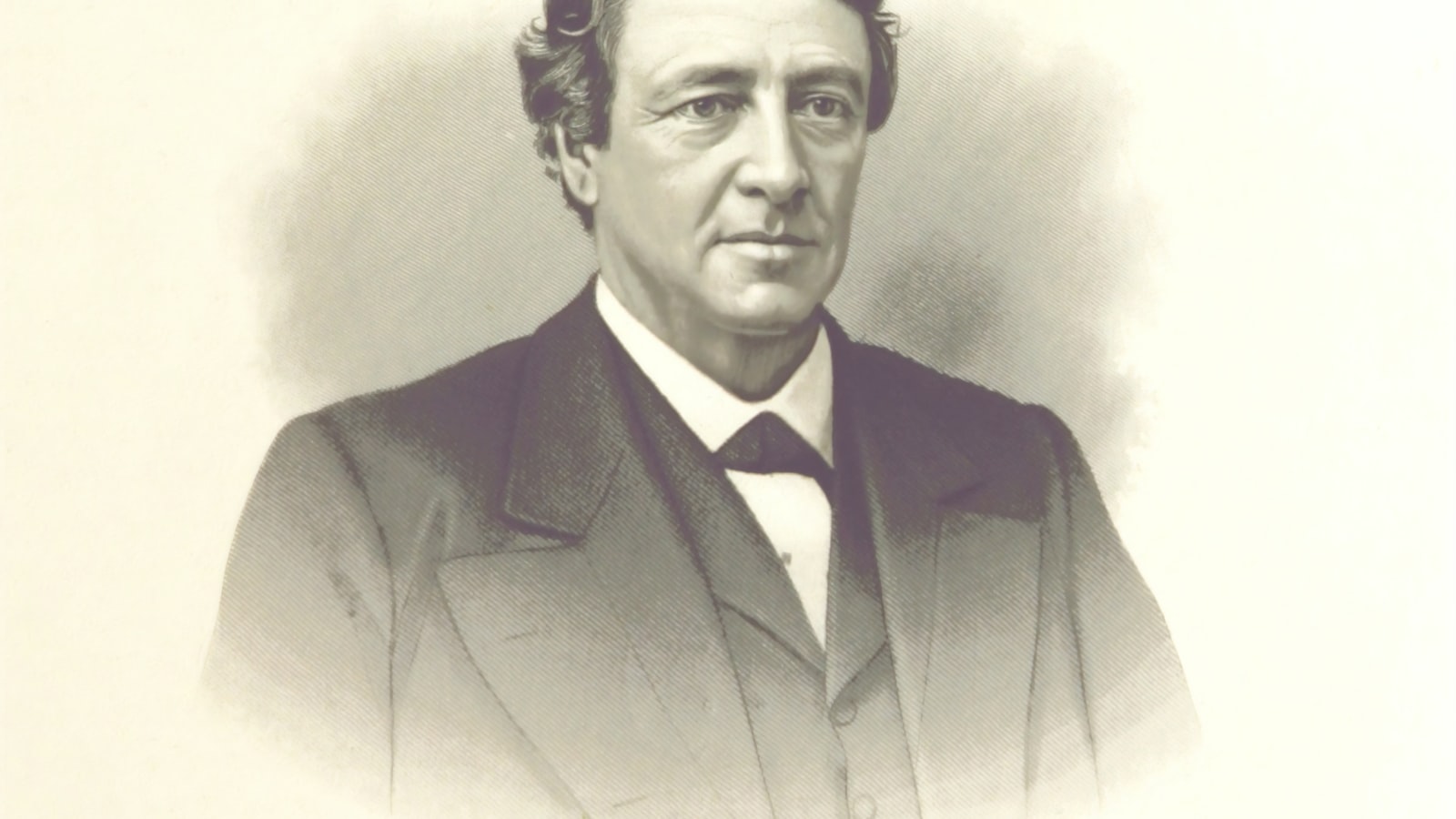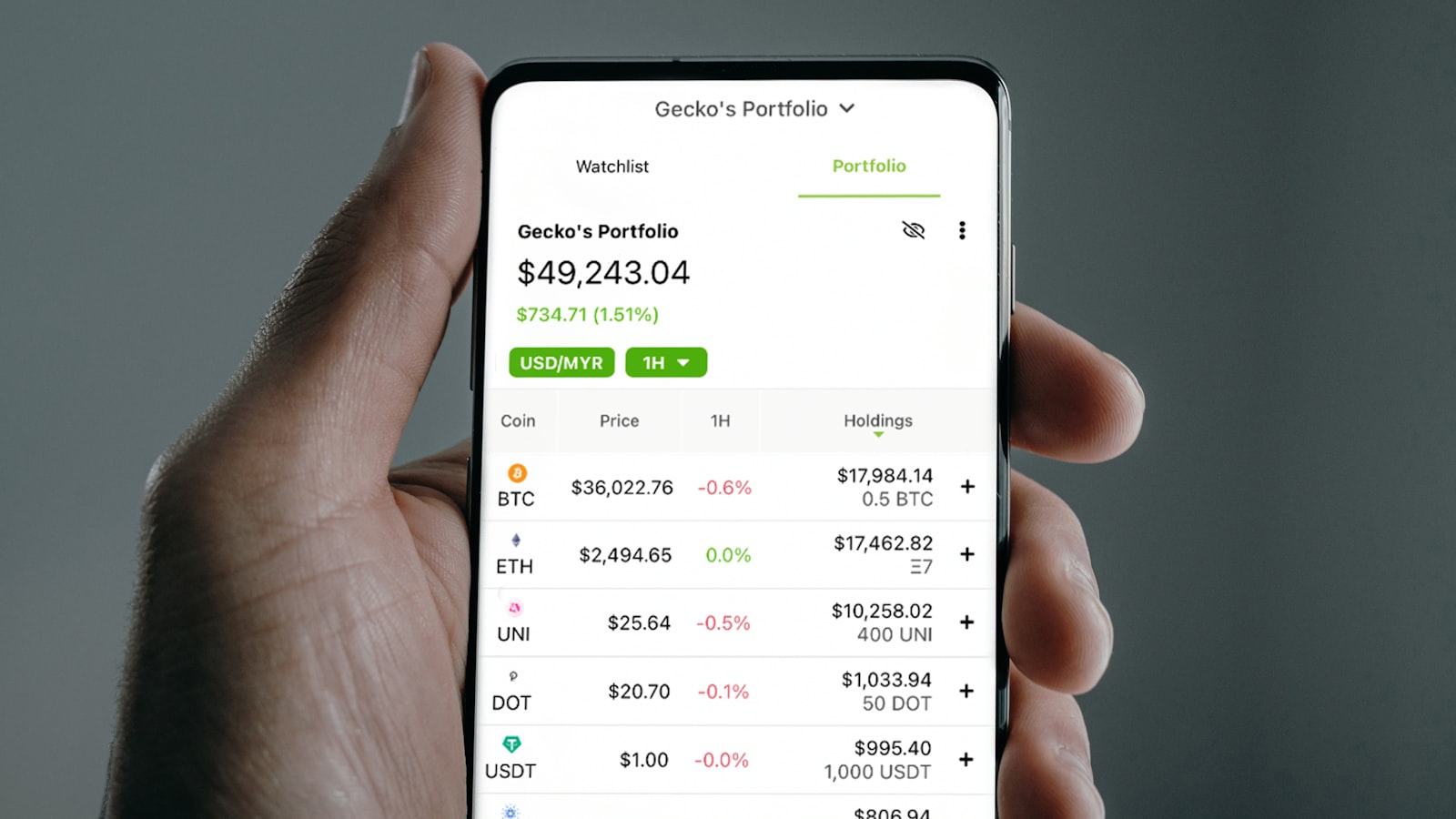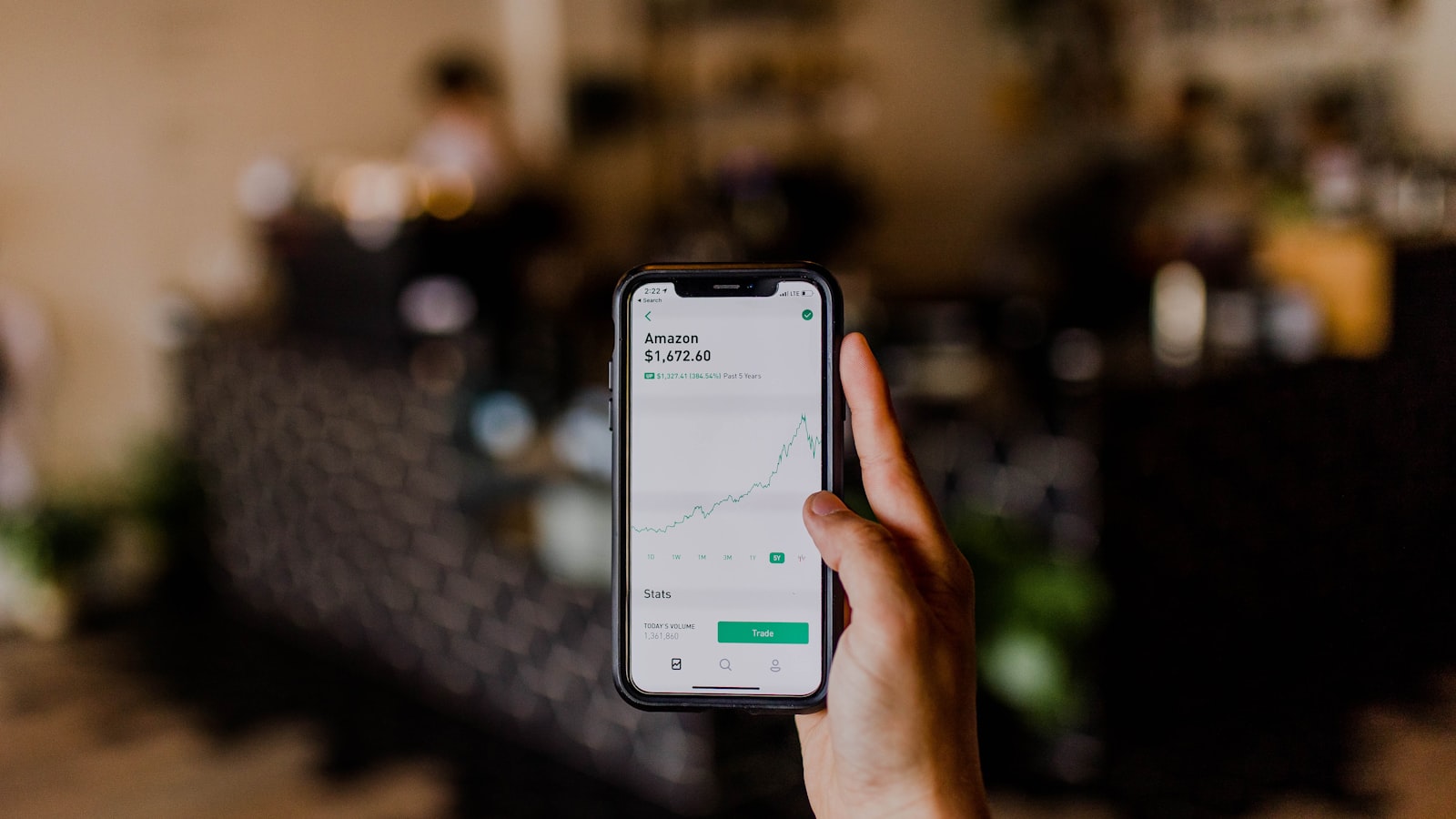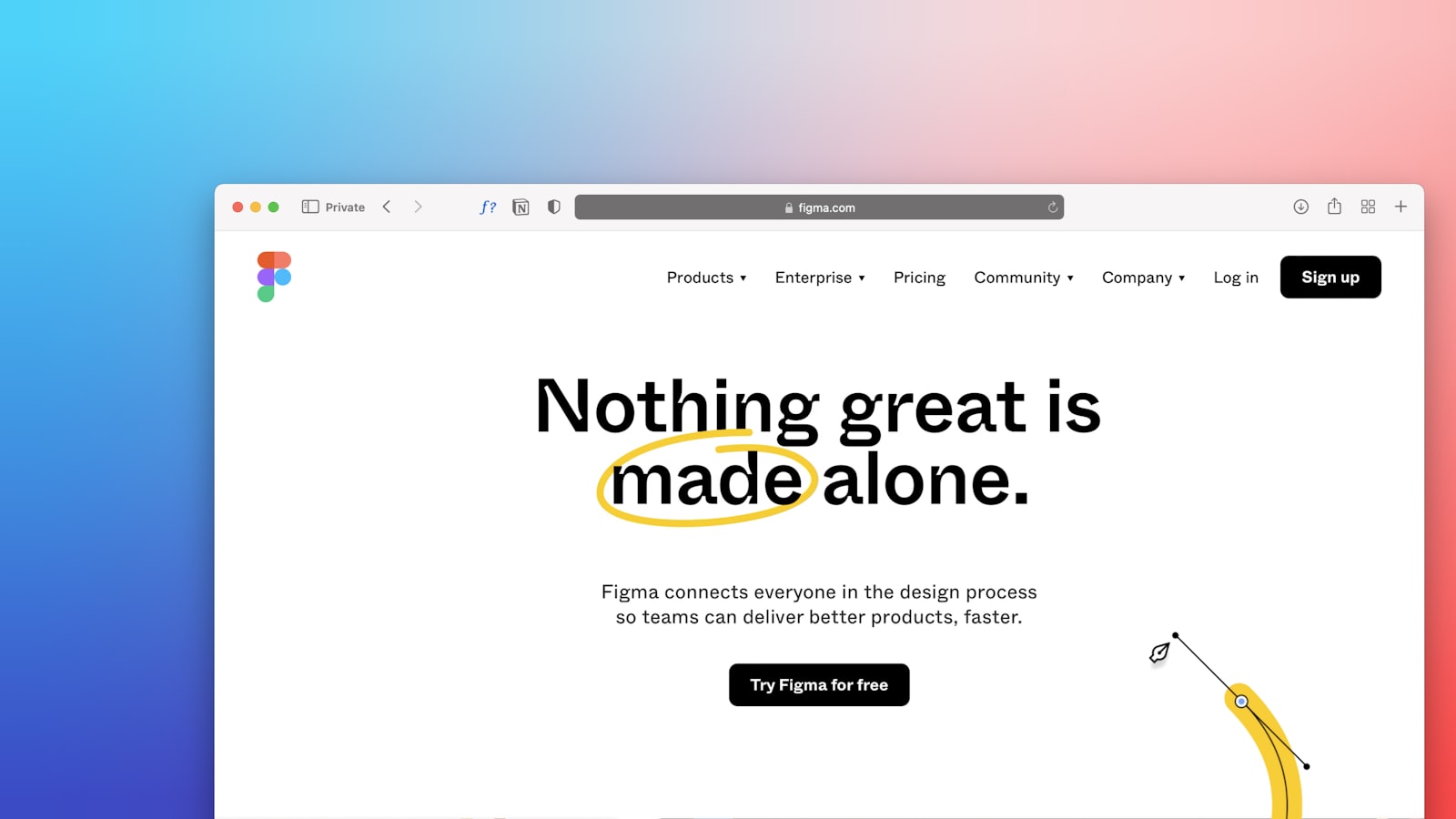Understanding B2B Buyer Personas- Definition, Benefits, and Creation Process
Understanding B2B Buyer Personas- Definition, Benefits, and Creation Process
Understanding B2B Buyer Personas- Definition, Benefits, and Creation Process
Learn about B2B buyer personas, their definition, benefits, and how to create them to better understand and target your business clients effectively.
Learn about B2B buyer personas, their definition, benefits, and how to create them to better understand and target your business clients effectively.



Introduction
Importance of Understanding B2B Buyer Personas
Ever tried selling sunscreen to a penguin? Exactly. Understanding your B2B buyer personas is just as crucial. It’s the secret sauce that turns your marketing and sales efforts from a shot in the dark to a well-aimed bullseye. When you know who your buyers are, their pain points, and what makes them tick, you can tailor your strategies to hit the mark every single time. Think of it as having a GPS for your marketing journey—minus the annoying “recalculating” voice.
Purpose of the Article
So, why should you care about this article? Simple. We’re breaking down everything you need to know about B2B buyer personas. We’ll cover the definition, highlight the benefits, and walk you through the creation process step-by-step. By the end, you’ll be a persona-profiling pro, ready to supercharge your marketing strategies and convert more leads. Say goodbye to guesswork and hello to precision targeting. Let’s get started!
What is a B2B Buyer Persona?
Definition and Explanation
A B2B Buyer Persona is a semi-fictional representation of your ideal customer based on market research and real data about your existing customers. This persona includes details such as demographics, job roles, goals, challenges, and buying behavior. It helps businesses understand and target their audience more effectively, ensuring that marketing efforts are aligned with the needs and preferences of potential buyers.
Creating a B2B Buyer Persona involves gathering insights from various sources, including customer surveys, interviews, and data analysis. The goal is to build a comprehensive profile that guides your marketing, sales, and product development strategies.
Difference Between B2B and B2C Buyer Personas
While both B2B (Business-to-Business) and B2C (Business-to-Consumer) buyer personas aim to understand the target audience, there are key differences:
Decision-Making Process: B2B purchases typically involve multiple stakeholders and a longer decision-making process, whereas B2C purchases are often made by individuals and are quicker.
Buying Criteria: B2B buyers focus on ROI, efficiency, and long-term benefits. B2C buyers, on the other hand, are influenced by emotions, brand loyalty, and immediate gratification.
Relationship Building: B2B marketing emphasizes building long-term relationships and trust, while B2C marketing often focuses on short-term engagement and sales.
Ideal Customer Profile (ICP) vs. Buyer Persona
It's easy to confuse an Ideal Customer Profile (ICP) with a Buyer Persona, but they serve different purposes:
Ideal Customer Profile (ICP): An ICP defines the type of company that would benefit most from your product or service. It includes firmographic details such as industry, company size, revenue, and location.
Buyer Persona: A Buyer Persona is more detailed and focuses on the individuals within those companies. It includes personal attributes like job roles, goals, challenges, and decision-making processes.
Think of the ICP as the where and what of your target market, while the Buyer Persona is the who and why. Both are crucial for crafting targeted marketing strategies, but they operate at different levels of specificity.
For more detailed guidance on creating and leveraging B2B Buyer Personas, check out our comprehensive guide.

Benefits of Creating B2B Buyer Personas
Enhanced Targeting and Personalization
Creating detailed B2B buyer personas allows businesses to tailor their marketing efforts to specific customer segments. By understanding the unique needs, preferences, and pain points of each persona, companies can craft personalized messages that resonate more deeply with their audience. This targeted approach not only improves engagement but also increases the likelihood of converting prospects into loyal customers.
For a deeper dive into how to create and leverage B2B buyer personas, check out our comprehensive guide on creating and leveraging B2B buyer personas.
Improved Content Creation and Marketing Strategies
With well-defined buyer personas, content creation becomes a breeze. Knowing what your audience cares about helps you produce content that addresses their specific challenges and interests. This results in more relevant and valuable content, which can significantly boost your marketing efforts. Whether it's blog posts, whitepapers, or social media updates, your content will be more effective in attracting and retaining your target audience.
For more tips on developing a winning B2B search marketing strategy, visit our blog post on B2B search marketing strategies.
Better Alignment Across Teams
Buyer personas serve as a common reference point for all departments within a company. Sales, marketing, customer service, and product development teams can all benefit from a unified understanding of the target customer. This alignment ensures that everyone is on the same page, working towards the same goals, and delivering a consistent customer experience.
Need inspiration for structuring your B2B marketing team? Check out our article on successful B2B marketing team structures.
Increased Conversion Rates and ROI
When your marketing efforts are targeted and personalized, and your teams are aligned, the natural result is an increase in conversion rates and ROI. By addressing the specific needs and concerns of your buyer personas, you can move prospects through the sales funnel more efficiently. This leads to higher conversion rates and a better return on investment for your marketing campaigns.
For strategies on improving lead quality and conversion rates, explore our blog post on improving lead quality and conversion rates.

Key Components of a B2B Buyer Persona
Demographic Information
Understanding the demographic details of your B2B buyer persona is crucial. This includes:
Job Title: What positions do they hold?
Industry: Which sectors are they part of?
Company Size: Are they from small businesses or large enterprises?
Location: Where are they based geographically?
For more insights on creating and leveraging B2B buyer personas, check out our detailed guide.
Psychographic Information
Psychographics dive into the mindset of your persona. This includes:
Values: What principles drive their decisions?
Interests: What are their professional and personal interests?
Challenges: What obstacles do they face in their roles?
Goals: What are their short-term and long-term objectives?
Behavioral Attributes
Behavioral attributes focus on how your persona acts. Key aspects include:
Buying Behavior: How do they approach purchasing decisions?
Content Consumption: What types of content do they prefer?
Engagement Channels: Which platforms do they use most frequently?
Understanding these behaviors can significantly enhance your B2B marketing strategy.
Decision-Making Attributes
Decision-making attributes are all about understanding how your persona makes choices. This includes:
Influencers: Who influences their decisions?
Decision Criteria: What factors are most important to them?
Approval Process: What steps do they follow to get approvals?
Organizational Goals and Priorities
Lastly, it's essential to know the broader goals and priorities of their organization. Consider:
Strategic Objectives: What are the company's primary goals?
Key Initiatives: What projects are they focusing on?
Budget Allocation: How do they allocate their budget?
Aligning your marketing efforts with these goals can lead to better alignment and increased conversion rates. For tips on aligning your sales and marketing efforts, visit our comprehensive blog post.

Introduction
Importance of Understanding B2B Buyer Personas
Ever tried selling sunscreen to a penguin? Exactly. Understanding your B2B buyer personas is just as crucial. It’s the secret sauce that turns your marketing and sales efforts from a shot in the dark to a well-aimed bullseye. When you know who your buyers are, their pain points, and what makes them tick, you can tailor your strategies to hit the mark every single time. Think of it as having a GPS for your marketing journey—minus the annoying “recalculating” voice.
Purpose of the Article
So, why should you care about this article? Simple. We’re breaking down everything you need to know about B2B buyer personas. We’ll cover the definition, highlight the benefits, and walk you through the creation process step-by-step. By the end, you’ll be a persona-profiling pro, ready to supercharge your marketing strategies and convert more leads. Say goodbye to guesswork and hello to precision targeting. Let’s get started!
What is a B2B Buyer Persona?
Definition and Explanation
A B2B Buyer Persona is a semi-fictional representation of your ideal customer based on market research and real data about your existing customers. This persona includes details such as demographics, job roles, goals, challenges, and buying behavior. It helps businesses understand and target their audience more effectively, ensuring that marketing efforts are aligned with the needs and preferences of potential buyers.
Creating a B2B Buyer Persona involves gathering insights from various sources, including customer surveys, interviews, and data analysis. The goal is to build a comprehensive profile that guides your marketing, sales, and product development strategies.
Difference Between B2B and B2C Buyer Personas
While both B2B (Business-to-Business) and B2C (Business-to-Consumer) buyer personas aim to understand the target audience, there are key differences:
Decision-Making Process: B2B purchases typically involve multiple stakeholders and a longer decision-making process, whereas B2C purchases are often made by individuals and are quicker.
Buying Criteria: B2B buyers focus on ROI, efficiency, and long-term benefits. B2C buyers, on the other hand, are influenced by emotions, brand loyalty, and immediate gratification.
Relationship Building: B2B marketing emphasizes building long-term relationships and trust, while B2C marketing often focuses on short-term engagement and sales.
Ideal Customer Profile (ICP) vs. Buyer Persona
It's easy to confuse an Ideal Customer Profile (ICP) with a Buyer Persona, but they serve different purposes:
Ideal Customer Profile (ICP): An ICP defines the type of company that would benefit most from your product or service. It includes firmographic details such as industry, company size, revenue, and location.
Buyer Persona: A Buyer Persona is more detailed and focuses on the individuals within those companies. It includes personal attributes like job roles, goals, challenges, and decision-making processes.
Think of the ICP as the where and what of your target market, while the Buyer Persona is the who and why. Both are crucial for crafting targeted marketing strategies, but they operate at different levels of specificity.
For more detailed guidance on creating and leveraging B2B Buyer Personas, check out our comprehensive guide.

Benefits of Creating B2B Buyer Personas
Enhanced Targeting and Personalization
Creating detailed B2B buyer personas allows businesses to tailor their marketing efforts to specific customer segments. By understanding the unique needs, preferences, and pain points of each persona, companies can craft personalized messages that resonate more deeply with their audience. This targeted approach not only improves engagement but also increases the likelihood of converting prospects into loyal customers.
For a deeper dive into how to create and leverage B2B buyer personas, check out our comprehensive guide on creating and leveraging B2B buyer personas.
Improved Content Creation and Marketing Strategies
With well-defined buyer personas, content creation becomes a breeze. Knowing what your audience cares about helps you produce content that addresses their specific challenges and interests. This results in more relevant and valuable content, which can significantly boost your marketing efforts. Whether it's blog posts, whitepapers, or social media updates, your content will be more effective in attracting and retaining your target audience.
For more tips on developing a winning B2B search marketing strategy, visit our blog post on B2B search marketing strategies.
Better Alignment Across Teams
Buyer personas serve as a common reference point for all departments within a company. Sales, marketing, customer service, and product development teams can all benefit from a unified understanding of the target customer. This alignment ensures that everyone is on the same page, working towards the same goals, and delivering a consistent customer experience.
Need inspiration for structuring your B2B marketing team? Check out our article on successful B2B marketing team structures.
Increased Conversion Rates and ROI
When your marketing efforts are targeted and personalized, and your teams are aligned, the natural result is an increase in conversion rates and ROI. By addressing the specific needs and concerns of your buyer personas, you can move prospects through the sales funnel more efficiently. This leads to higher conversion rates and a better return on investment for your marketing campaigns.
For strategies on improving lead quality and conversion rates, explore our blog post on improving lead quality and conversion rates.

Key Components of a B2B Buyer Persona
Demographic Information
Understanding the demographic details of your B2B buyer persona is crucial. This includes:
Job Title: What positions do they hold?
Industry: Which sectors are they part of?
Company Size: Are they from small businesses or large enterprises?
Location: Where are they based geographically?
For more insights on creating and leveraging B2B buyer personas, check out our detailed guide.
Psychographic Information
Psychographics dive into the mindset of your persona. This includes:
Values: What principles drive their decisions?
Interests: What are their professional and personal interests?
Challenges: What obstacles do they face in their roles?
Goals: What are their short-term and long-term objectives?
Behavioral Attributes
Behavioral attributes focus on how your persona acts. Key aspects include:
Buying Behavior: How do they approach purchasing decisions?
Content Consumption: What types of content do they prefer?
Engagement Channels: Which platforms do they use most frequently?
Understanding these behaviors can significantly enhance your B2B marketing strategy.
Decision-Making Attributes
Decision-making attributes are all about understanding how your persona makes choices. This includes:
Influencers: Who influences their decisions?
Decision Criteria: What factors are most important to them?
Approval Process: What steps do they follow to get approvals?
Organizational Goals and Priorities
Lastly, it's essential to know the broader goals and priorities of their organization. Consider:
Strategic Objectives: What are the company's primary goals?
Key Initiatives: What projects are they focusing on?
Budget Allocation: How do they allocate their budget?
Aligning your marketing efforts with these goals can lead to better alignment and increased conversion rates. For tips on aligning your sales and marketing efforts, visit our comprehensive blog post.

Introduction
Importance of Understanding B2B Buyer Personas
Ever tried selling sunscreen to a penguin? Exactly. Understanding your B2B buyer personas is just as crucial. It’s the secret sauce that turns your marketing and sales efforts from a shot in the dark to a well-aimed bullseye. When you know who your buyers are, their pain points, and what makes them tick, you can tailor your strategies to hit the mark every single time. Think of it as having a GPS for your marketing journey—minus the annoying “recalculating” voice.
Purpose of the Article
So, why should you care about this article? Simple. We’re breaking down everything you need to know about B2B buyer personas. We’ll cover the definition, highlight the benefits, and walk you through the creation process step-by-step. By the end, you’ll be a persona-profiling pro, ready to supercharge your marketing strategies and convert more leads. Say goodbye to guesswork and hello to precision targeting. Let’s get started!
What is a B2B Buyer Persona?
Definition and Explanation
A B2B Buyer Persona is a semi-fictional representation of your ideal customer based on market research and real data about your existing customers. This persona includes details such as demographics, job roles, goals, challenges, and buying behavior. It helps businesses understand and target their audience more effectively, ensuring that marketing efforts are aligned with the needs and preferences of potential buyers.
Creating a B2B Buyer Persona involves gathering insights from various sources, including customer surveys, interviews, and data analysis. The goal is to build a comprehensive profile that guides your marketing, sales, and product development strategies.
Difference Between B2B and B2C Buyer Personas
While both B2B (Business-to-Business) and B2C (Business-to-Consumer) buyer personas aim to understand the target audience, there are key differences:
Decision-Making Process: B2B purchases typically involve multiple stakeholders and a longer decision-making process, whereas B2C purchases are often made by individuals and are quicker.
Buying Criteria: B2B buyers focus on ROI, efficiency, and long-term benefits. B2C buyers, on the other hand, are influenced by emotions, brand loyalty, and immediate gratification.
Relationship Building: B2B marketing emphasizes building long-term relationships and trust, while B2C marketing often focuses on short-term engagement and sales.
Ideal Customer Profile (ICP) vs. Buyer Persona
It's easy to confuse an Ideal Customer Profile (ICP) with a Buyer Persona, but they serve different purposes:
Ideal Customer Profile (ICP): An ICP defines the type of company that would benefit most from your product or service. It includes firmographic details such as industry, company size, revenue, and location.
Buyer Persona: A Buyer Persona is more detailed and focuses on the individuals within those companies. It includes personal attributes like job roles, goals, challenges, and decision-making processes.
Think of the ICP as the where and what of your target market, while the Buyer Persona is the who and why. Both are crucial for crafting targeted marketing strategies, but they operate at different levels of specificity.
For more detailed guidance on creating and leveraging B2B Buyer Personas, check out our comprehensive guide.

Benefits of Creating B2B Buyer Personas
Enhanced Targeting and Personalization
Creating detailed B2B buyer personas allows businesses to tailor their marketing efforts to specific customer segments. By understanding the unique needs, preferences, and pain points of each persona, companies can craft personalized messages that resonate more deeply with their audience. This targeted approach not only improves engagement but also increases the likelihood of converting prospects into loyal customers.
For a deeper dive into how to create and leverage B2B buyer personas, check out our comprehensive guide on creating and leveraging B2B buyer personas.
Improved Content Creation and Marketing Strategies
With well-defined buyer personas, content creation becomes a breeze. Knowing what your audience cares about helps you produce content that addresses their specific challenges and interests. This results in more relevant and valuable content, which can significantly boost your marketing efforts. Whether it's blog posts, whitepapers, or social media updates, your content will be more effective in attracting and retaining your target audience.
For more tips on developing a winning B2B search marketing strategy, visit our blog post on B2B search marketing strategies.
Better Alignment Across Teams
Buyer personas serve as a common reference point for all departments within a company. Sales, marketing, customer service, and product development teams can all benefit from a unified understanding of the target customer. This alignment ensures that everyone is on the same page, working towards the same goals, and delivering a consistent customer experience.
Need inspiration for structuring your B2B marketing team? Check out our article on successful B2B marketing team structures.
Increased Conversion Rates and ROI
When your marketing efforts are targeted and personalized, and your teams are aligned, the natural result is an increase in conversion rates and ROI. By addressing the specific needs and concerns of your buyer personas, you can move prospects through the sales funnel more efficiently. This leads to higher conversion rates and a better return on investment for your marketing campaigns.
For strategies on improving lead quality and conversion rates, explore our blog post on improving lead quality and conversion rates.

Key Components of a B2B Buyer Persona
Demographic Information
Understanding the demographic details of your B2B buyer persona is crucial. This includes:
Job Title: What positions do they hold?
Industry: Which sectors are they part of?
Company Size: Are they from small businesses or large enterprises?
Location: Where are they based geographically?
For more insights on creating and leveraging B2B buyer personas, check out our detailed guide.
Psychographic Information
Psychographics dive into the mindset of your persona. This includes:
Values: What principles drive their decisions?
Interests: What are their professional and personal interests?
Challenges: What obstacles do they face in their roles?
Goals: What are their short-term and long-term objectives?
Behavioral Attributes
Behavioral attributes focus on how your persona acts. Key aspects include:
Buying Behavior: How do they approach purchasing decisions?
Content Consumption: What types of content do they prefer?
Engagement Channels: Which platforms do they use most frequently?
Understanding these behaviors can significantly enhance your B2B marketing strategy.
Decision-Making Attributes
Decision-making attributes are all about understanding how your persona makes choices. This includes:
Influencers: Who influences their decisions?
Decision Criteria: What factors are most important to them?
Approval Process: What steps do they follow to get approvals?
Organizational Goals and Priorities
Lastly, it's essential to know the broader goals and priorities of their organization. Consider:
Strategic Objectives: What are the company's primary goals?
Key Initiatives: What projects are they focusing on?
Budget Allocation: How do they allocate their budget?
Aligning your marketing efforts with these goals can lead to better alignment and increased conversion rates. For tips on aligning your sales and marketing efforts, visit our comprehensive blog post.

Need help with SEO?
Need help with SEO?
Need help with SEO?
Join our 5-day free course on how to use AI to get more traffic to your website!
Explode your organic traffic and generate red-hot leads without spending a fortune on ads
Claim the top spot on search rankings for the most lucrative keywords in your industry
Cement your position as the undisputed authority in your niche, fostering unshakable trust and loyalty
Skyrocket your conversion rates and revenue with irresistible, customer-centric content
Conquer untapped markets and expand your reach by seizing hidden keyword opportunities
Liberate your time and resources from tedious content tasks, so you can focus on scaling your business
Gain laser-sharp insights into your ideal customers' minds, enabling you to create products and content they can't resist
Harness the power of data-driven decision-making to optimize your marketing for maximum impact
Achieve unstoppable, long-term organic growth without being held hostage by algorithm updates or ad costs
Stay light-years ahead of the competition by leveraging cutting-edge AI to adapt to any market shift or customer trend
Explode your organic traffic and generate red-hot leads without spending a fortune on ads
Claim the top spot on search rankings for the most lucrative keywords in your industry
Cement your position as the undisputed authority in your niche, fostering unshakable trust and loyalty
Skyrocket your conversion rates and revenue with irresistible, customer-centric content
Conquer untapped markets and expand your reach by seizing hidden keyword opportunities
Liberate your time and resources from tedious content tasks, so you can focus on scaling your business
Gain laser-sharp insights into your ideal customers' minds, enabling you to create products and content they can't resist
Harness the power of data-driven decision-making to optimize your marketing for maximum impact
Achieve unstoppable, long-term organic growth without being held hostage by algorithm updates or ad costs
Stay light-years ahead of the competition by leveraging cutting-edge AI to adapt to any market shift or customer trend
Explode your organic traffic and generate red-hot leads without spending a fortune on ads
Claim the top spot on search rankings for the most lucrative keywords in your industry
Cement your position as the undisputed authority in your niche, fostering unshakable trust and loyalty
Skyrocket your conversion rates and revenue with irresistible, customer-centric content
Conquer untapped markets and expand your reach by seizing hidden keyword opportunities
Liberate your time and resources from tedious content tasks, so you can focus on scaling your business
Gain laser-sharp insights into your ideal customers' minds, enabling you to create products and content they can't resist
Harness the power of data-driven decision-making to optimize your marketing for maximum impact
Achieve unstoppable, long-term organic growth without being held hostage by algorithm updates or ad costs
Stay light-years ahead of the competition by leveraging cutting-edge AI to adapt to any market shift or customer trend
